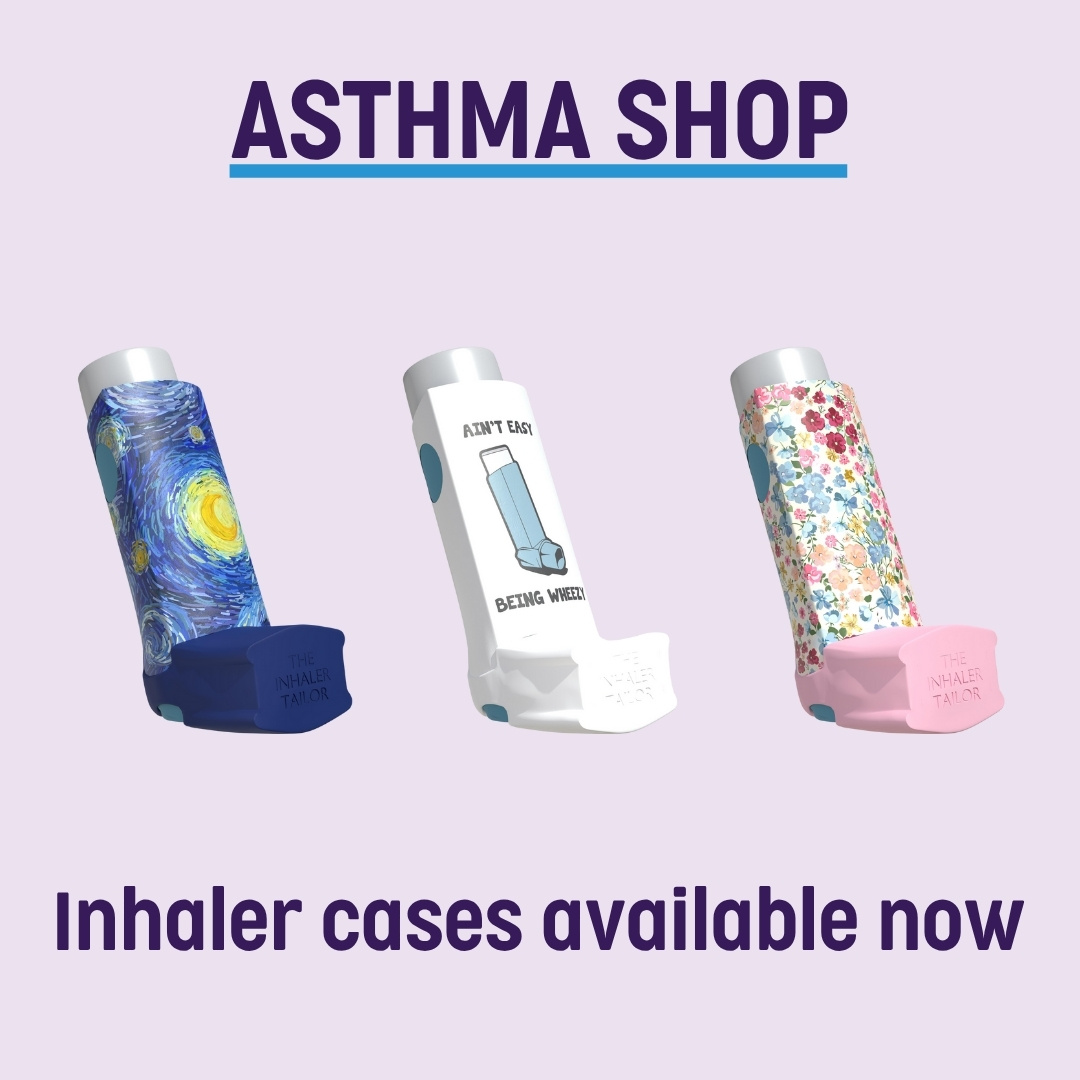Melbourne mother Jasmin Hussein never believed for one second that one of her children would die from asthma.
Her awareness of the bad breathing condition and her preparedness for any flareups is faultless: she understands asthma symptoms, she monitors the health of her family members and makes sure they diligently avoid known triggers, she understands the various medications and when they need to be administered, and she has action plans ready just in case they are needed.
So, on 27 October 2021, when a thunderstorm asthma warning was issued due to high pollen and stormy conditions, she took the appropriate action.
“It was on the news in every channel in the morning, even on the internet,” Jasmin recalls.
“They had online school, but I didn’t take them for our walks or let them go outside; that’s usually one of the protocols I take when there are warnings, thunderstorms or muggy weather.”

So, late that night, when one of her daughters, 14-year-old Alisha, suffered an unexpected and unusual serious flare-up, Jasmin went into action, following all the treatment steps to ease her daughter’s discomfort.
But her meticulous preparation wasn’t enough. Young Alicia’s condition worsened. Her pulse weakened. With no ambulances available to respond to their emergency call, the family put her in the car and rushed to the nearby hospital – Jasmin performed CPR on her daughter in the back seat as they sped through Melbourne’s streets and hoped she would survive.
Alisha’s lungs failed to respond to reliever medication and CPR. Tragically she passed away in her mother’s arms in the back seat of their family car.
“At the time I just did what I had to do, what I should be doing, but it wasn’t enough. It’s still hard to accept that she’s gone. I still call out her name,” Jasmin says today.
“Nothing is the same without Alisha, everything in life was perfect till that night, I think we struggle to accept a future without her. My house was lively in every corner there was laughter now it’s quiet, no one eats or talks much. It’s basically empty.
“Alisha was the most patient out of the siblings, the most considerate, she would wait for everyone to finish eating before she’d go for seconds, that’s just who she was.
“Kids from her school told us Alisha would go and stand next to them if they were getting bullied, talk to them and comfort them.”
Jasmin had herself grown up with asthma, including times spent in intensive care for treatment, and her husband Riyazal and three of their children all dealt with asthma.
Their daughter Aleena, 16, was the child they always monitored more closely. Imani, 10, recently also spent time in hospital due to a flareup. Alisha’s asthma seemed to be the mildest of the three and was well-managed. The fact that it was still able to take the young teen’s life sends a warning to everyone about the seriousness of this respiratory condition.
“I think even if it’s mild asthma, people need to be aware of what can happen,” Jasmin explained.
“Alisha’s asthma was definitely complicated. I mean, two hours earlier – even before she started getting asthma – she was laughing, and plotting to steal KitKats from her sister, and washing the dishes – she made her grandmother a cup of tea – from that, to all-of-a-sudden having a wheeze.
“I was on it straight away, but it wasn’t enough time. So my biggest advice to people is to take asthma seriously; it is life-threatening.”
The heart-breaking loss of Alisha and the experiences of the Hussein family show just how serious asthma still remains today and the importance of more research into the condition.
Asthma is not a minor health affliction that is easily and always treated with a few puffs of an inhaler. Every case is different. It affects 2.7 million in Australia, causes around 39,000 hospitalisations each year, and 400 deaths – including young lives.
“The community can often underestimate just how serious asthma can be,” Asthma Australia CEO Michele Goldman said.
“Unfortunately, people tend to dismiss their symptoms, not appreciating how quickly they can deteriorate. The worry is that if someone is unprepared when confronted with a serious flareup, it is just too late.
“Any breathing difficulties should never be ignored as you never know when something that feels just a little inconvenient

can flare up to become serious and even life threatening.”
It is a sensible health message supported strongly by Jasmin and her family.
“I know people who say, ‘It’s only just asthma,’ but I say, ‘Always take your asthma seriously,’ and anything you notice that’s different – kids or adults and even yourself – do something about it straight away.”
People who have questions and concerns about asthma management can call Asthma Australia on 1800 ASTHMA (1800 278 462) Monday to Friday, 9am to 5pm or email [email protected]. People who are experiencing breathing problems and persistent asthma symptoms should seek medical support.





 1800 278 462
1800 278 462



